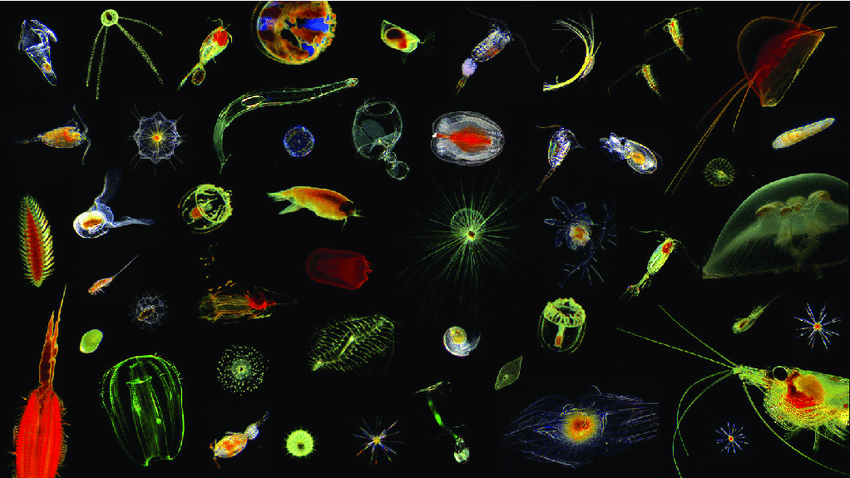By enhancing international collaboration and coordination, and providing advice and recommendations to the G7, the G7 Future of the Seas and Oceans Initiative is supporting actions to strengthen and sustain ocean observations for a more sustainable ocean future.
When the Leaders of the Group of Seven (G7) met in Hiroshima, Japan, in May 2023, they announced they were “more united than ever in our determination to meet the global challenges of this moment and set the course for a better future.”
The G7 is an intergovernmental forum that acts as a conduit to discuss and coordinate efforts undertaken by its member states – Canada, France, German, Italy, Japan, the United Kingdom, and the United States of America – to solve major global issues. The European Union is also involved in the G7 as a “non-enumerated member.”
Supporting the G7 are Working Groups, each focusing on a specific area the G7 want to tackle. Among these is the G7 Future of the Seas and Oceans Initiative (G7 FSOI).

Interface between science and policy
Created in 2016, the G7 FSOI works on five main action areas – supporting the development of a global ocean observation system, supporting assessments and reporting, promoting data sharing infrastructure improvements, strengthening regional observing capacity, and promoting political cooperation. “The aim [of the G7 FSOI] is to enhance international coordination and collaboration and use the G7 members as an example of advancing the way we work with science diplomacy toward sustainable ocean observations,” says Dr Maria Grigoratou, Science Officer for the EU coordination action of the G7 FSOI, hosted by Mercator Ocean International.
One goal is to provide concrete advice and recommendations that the G7 members may act upon to move towards common goals.
Like all G7 Working Groups, the G7 FSOI regularly report to the G7, such as through a communique created for the G7 Science and Technology Minister’s meeting in May. This week, Grigoratou will attend an ocean climate panel at the 32nd session of the IOC Assembly on 22 June as a representative of the G7 FSOI Coordination Centre to present the G7 FSOI interests in Ocean Carbon activities, one of the Group’s priority topics for 2023.
Prioritising topics
“Priority topics fall under the five main actions that the G7 ministers decided on in 2016,” says Grigoratou. Priority topics are reviewed yearly at the G7 FSOI Working Group annual meeting, where attendees share information about national activities, identify common priorities, and discuss collaborative approaches to addressing them. At these meetings, “we have a roundtable, where the G7 FSOI members discuss their contributions to international efforts as well as their interests, goals, ongoing and future support for each topic. The members agree on topics that should be a priority for next year,” Grigoratou explains. For 2023, the G7 FSOI agreed on five priority topics; The OneArgo Programme, Ocean Carbon, Digital Ocean Twin Capabilities, a Global Ocean Monitoring Indicator Framework, and, last but not least, Augmented Observing and Forecasting for Marine Life.
The Augmented Observing and Forecasting for Marine Life topic seeks to increase global capacity to monitor, understand, and predict life in the ocean. “It is a very complex topic,” says Grigoratou, who is also a biological oceanographer. Some difficulties arise because “you can’t measure all marine life in the same way, in all regions, in all parts of the ocean,” Grigoratou explains. “Methods applicable in one place are not applicable in another,” and “countries collect different types of biological data for various purposes.” As a result, it can be difficult to compare and analyse marine life data from different sources, hampering research, management, and decision-making.

In-situ images of plankton species from the Atlantic Ocean. Image credit: Klas Ove Möller / Hereon
The goal, Grigoratou stresses, isn’t to have all countries always collect the same data using the same methodologies but rather to find a way to make the data more compatible. For example, “If you can understand the method bias, you can create uncertainty ranges in the data you’re collecting,” says Grigoratou.
As part of the Augmented Observing and Forecasting for Marine Life priority topic, the EU is leading a G7 FSOI workshop focused on plankton. “Through the EU4OceanObs project, we’re organising a workshop in September on how we can better use data we collect – from the ocean, from satellites, and modelling efforts to understand plankton,” says Grigoratou. While some challenges to be addressed at the workshop surround data collection, others surround data accessibility. “From all the long-term zooplankton monitoring programmes we have around the globe, only 18% of the data are freely available…Where is the other 82%? What is holding people back from sharing? How can we better promote open access to data?”
The outcome of the workshop and plans for the Augmented Observing and Forecasting for Marine Life topic will also be discussed at this year’s G7 FSOI annual meeting, which takes place in November in Tokyo, Japan.
“It is a challenge working on international agreements, and things don’t always move as fast as people might hope,” says Grigoratou. “But, if we keep working together, we can solve [global issues].”
Useful links
- The G7 FSOI activities: https://www.g7fsoi.org/activities/
- The G7 Science and Technology Ministerial in Sendai, Japan website: https://en.g7sendai.jp/
- Article on the 32nd session of the IOC Assembly: https://articles.unesco.org/en/articles/32nd-session-ioc-assembly
- The G7 Hiroshima Summit 2023 website: g7hiroshima.go.jp
- UNESCO Integrated Ocean Carbon Research Workshop
- Monitoring Zooplankton – an essential climate indicator





